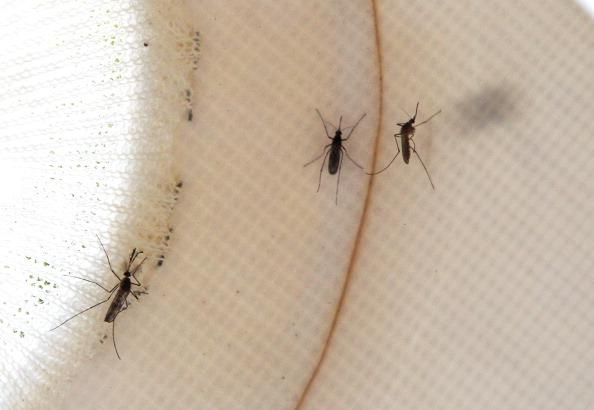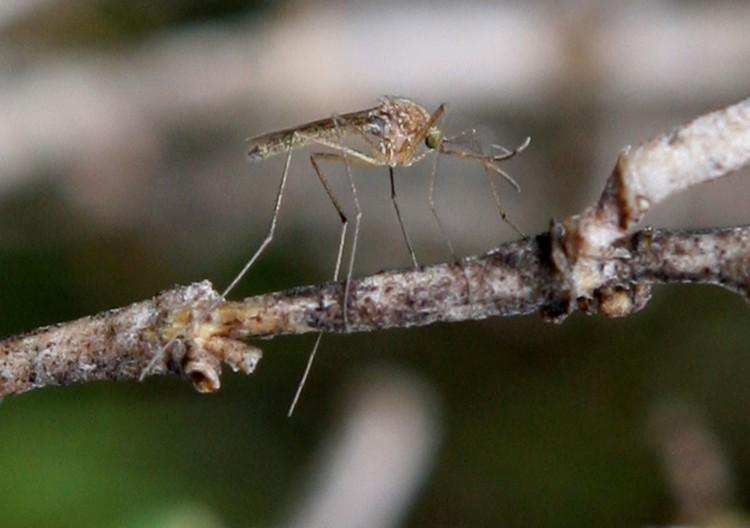Experts say 2012 could be the worst outbreak of West Nile virus the nation has ever seen. Texas has been hit the hardest. In Dallas County, home to the vast majority of state cases, the growing number of deaths and illnesses has prompted officials to declare a state of emergency.
But for many residents, attention has shifted from fear of catching a deadly virus to concern over the state’s plan of attack—a controversial campaign of aerial spraying.
According to the Texas Department of State Health Services (DSHS), aerial insecticide spraying is essential to fight the outbreak that has already claimed 23 lives across the state. TDSHS spokesperson Carrie Williams says that since the effort began last week, three planes have covered over 360,000 acres of the state twice.
Experts agree that the warm winter, heavy spring rains, high summer temperatures, and standing water were conducive to this year’s outbreak.
“We’ve been spraying almost nightly since last Thursday, and in a couple of cases we’ve had to bring the planes down or take a day off because of weather,” she said.
DSHS has confirmed 640 human cases of West Nile virus (WNV) across the state this year. Symptoms include headache, high fever, neck stiffness, disorientation, convulsions, paralysis, and sometimes death—with 11 fatalities reported so far in Dallas County alone. With the 2012 WNV season expected to last at least another month, the nightly spraying is likely to continue.
But some Texans insist that the cure is more dangerous than the disease. “Dallas, Stop the Spray” is spreading a petition opposing the aerial offensive. The group says a chemical found in the state’s insecticide is also deadly to many beneficial insects, such as honeybees, ladybugs, and natural mosquito predators, as well as other animals.
“Many beekeepers around Dallas have reported their bees have been killed. In addition, fish, some of which eat mosquito larvae, are killed by this poison,” states the petition. “There is also other wildlife to consider such as bats, birds, and geckos, which all prey on mosquitoes but are harmed by the spraying.”
But officials say there’s little cause for concern. Williams says that so far she hasn’t heard any reports of wildlife casualties due to spraying. She explained that planes are distributing a very low concentration of the product and spraying at night to minimize risk to nontarget insects and people.
“As a general recommendation for those who are concerned, we suggested that people may want to stay inside during the times that we’re spraying, but it’s not an absolute mandate; it’s not a requirement,” Williams said. “The risk is very, very low.”
Critics of the state’s spraying program say the campaign was motivated more as a strategy to placate the public than an effective policy to stop WNV.
This is the first time in 45 years Dallas County has employed aerial spraying. The petition—which has so far garnered nearly 2,100 signatures—suggests that the method is so rarely used because it is ineffective in addressing the root of the problem.
“While spraying for mosquitoes may provide a short-term response to the nuisance biting of the adults, it does nothing to affect the larva present in standing water sources,” said Brian Boerner, Fort Worth’s director of environmental management in a quote from the petition.
Whether aerial spraying will actually curb the risk of WNV this time around remains to be seen. Williams says the DSHS is still in the process of evaluating mosquito counts. She says officials are looking at mosquito traps throughout the state, and comparing them with numbers seen before spraying occurred.
“What we’re hoping to see is fewer mosquitoes—in particular, fewer mosquitoes that carry the West Nile virus,” she said. “We hope to have the analysis complete in the coming days.”
The Epoch Times publishes in 35 countries and in 19 languages. Subscribe to our e-newsletter.







